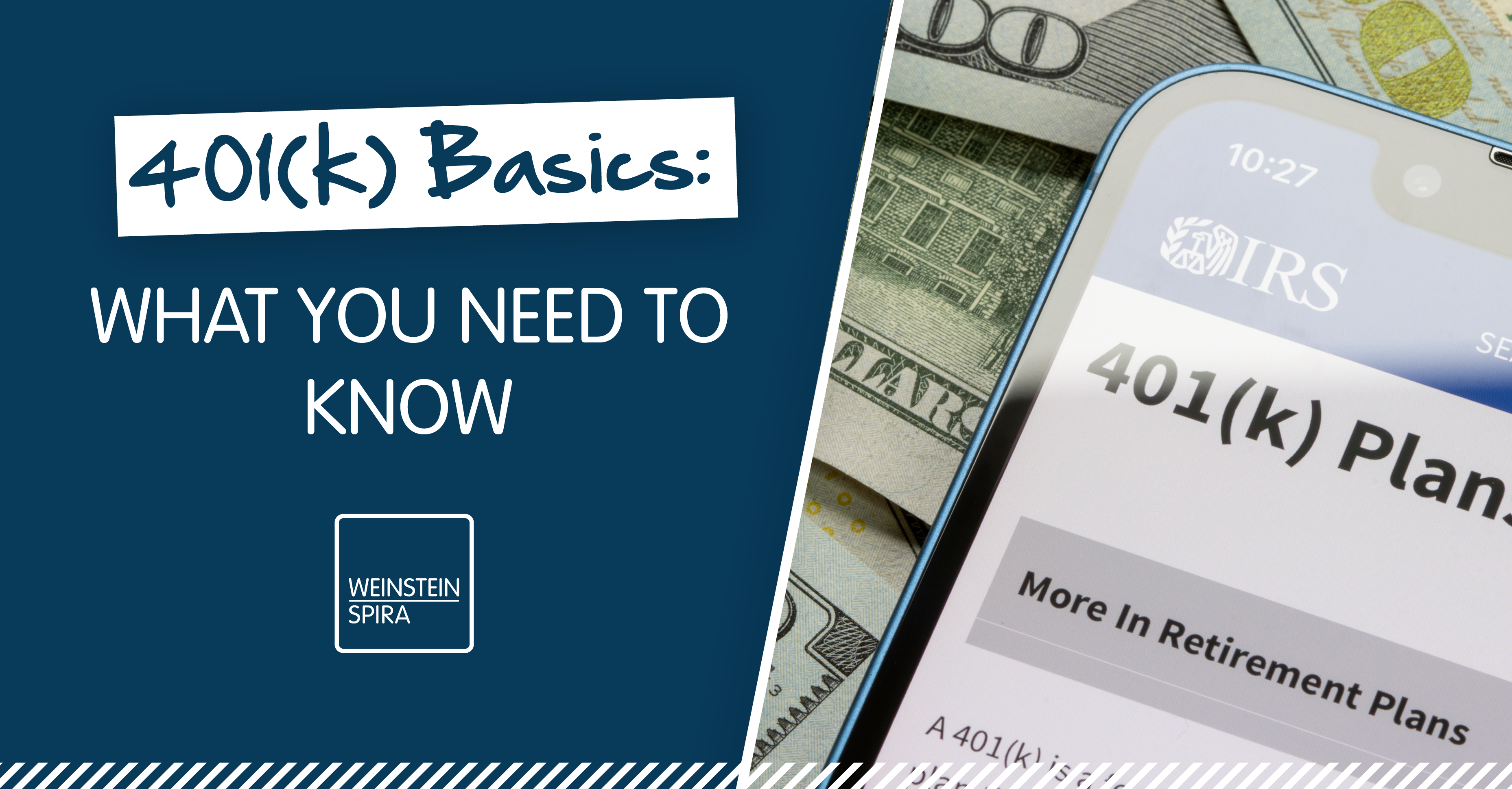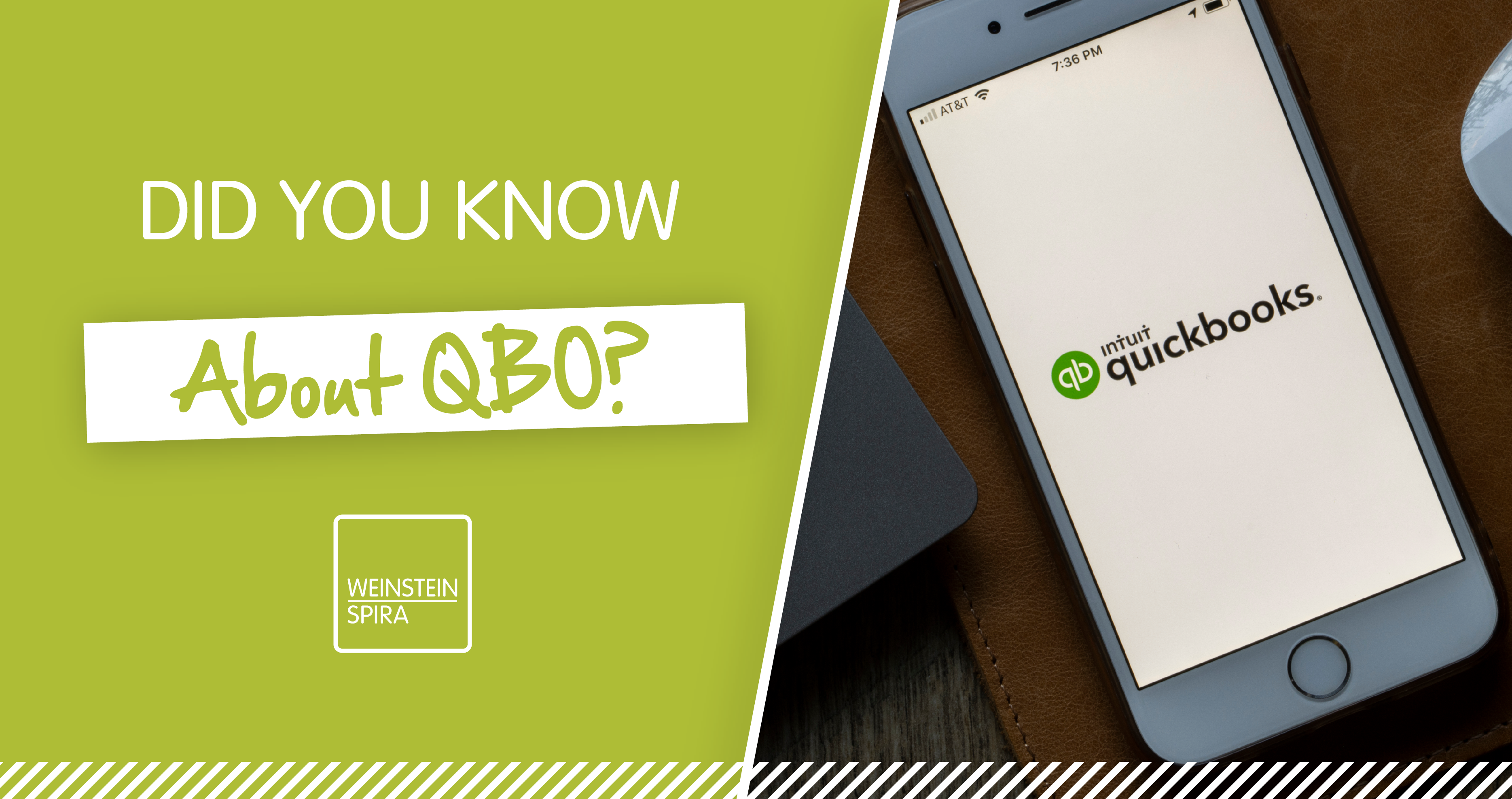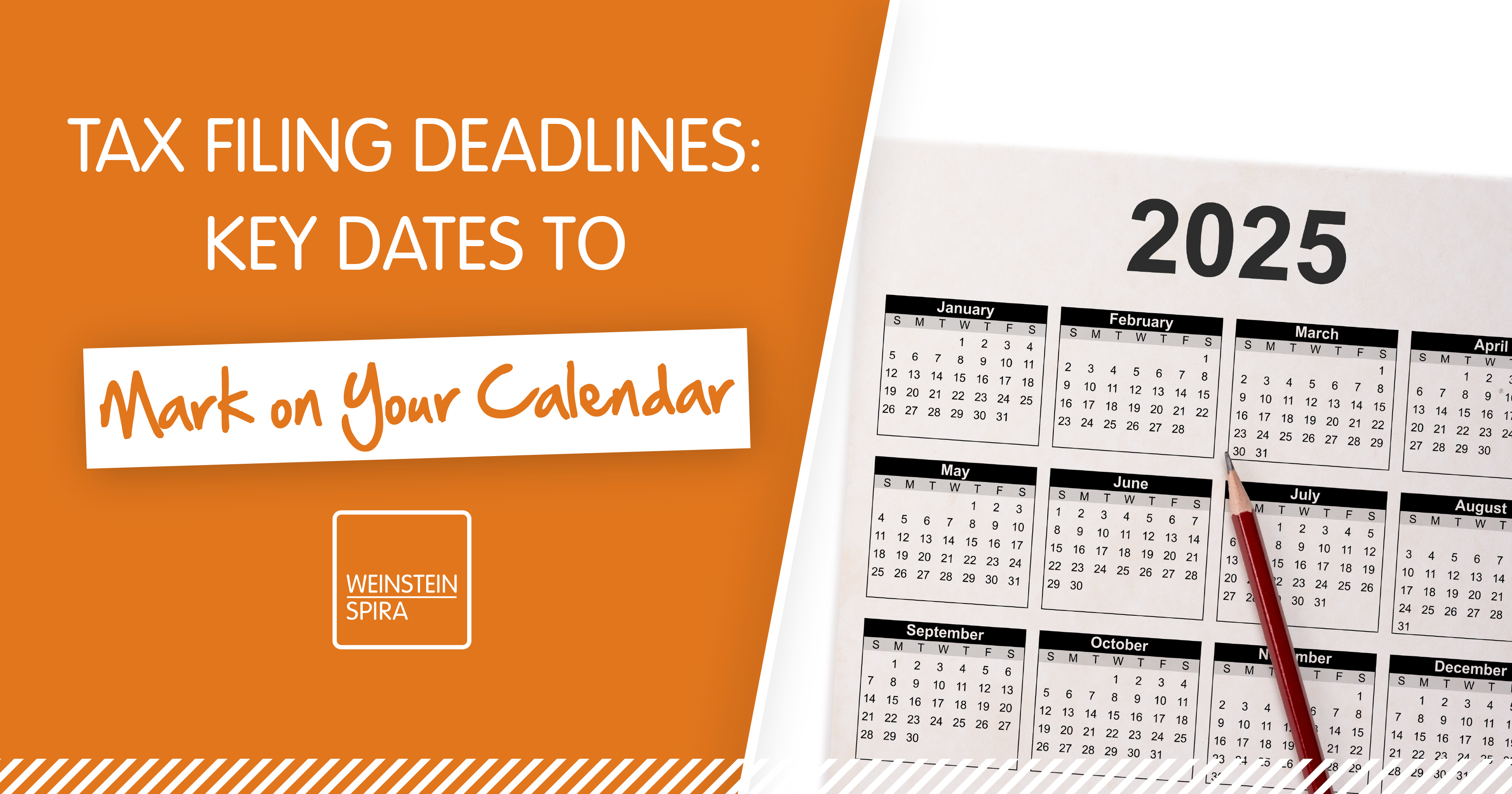For many Americans, saving money for retirement can be challenging. While some employees prefer to take home a few extra dollars rather than participate in their company’s 401(k) plan, many simply do not understand how these plans work or the many benefits that come from joining one. It is important to get informed and to do so early in your career. Learn more about your company’s plan, how it works, and see how quickly a little bit of savings can grow over time.
In this blog, I will summarize in five steps how a 401(k) plan works and share a few reasons why you may be leaving free money on the table if you choose not to participate in your company’s 401(k) plan.
A 401(k) plan is like a savings account for retirement and works as follow:
- You and Your Employer Contribute: You decide how much money you want to save from your paycheck, either pre-tax or Roth (after tax). Sometimes your employer can also add money to your 401(k) account as a benefit.
- Investment: The money you put into your 401(k) is not just sitting there; you choose how it is invested, usually in different things like stocks, bonds, or mutual funds. These investments have the potential to grow over time, helping your retirement savings grow too.
- Time to Grow: Your money stays in the 401(k) until you are ready to retire. During this time, it has the chance to increase in value.
- Rollover: If you decide to leave your current company, the funds contributed go with you. Without any penalties or taxes to pay, you can rollover the money from one plan to another and keep investing your funds.
- Withdrawals from the Plan: When you retire, you can start taking money out of your 401(k) to live on. Depending on the rules, you might even be able to take a withdrawal from your account in the case of an emergency or for the purchase of your first home.
The specifics of the plan can vary depending on what the company has chosen for their employees, but that’s the basic idea of how a 401(k) works.
Now that you know the basics of a 401(k) Plan, let’s talk about what you may be missing out on by not participating in one.
- Employer Matching Contributions: Many employers offer to match a portion of your contributions. This can be dollar for dollar or a percentage of your salary. This money is free money for your retirement.
- Tax Advantages: Contributions to a 401(k) are generally made with pre-tax dollars, reducing your taxable income in the year of contribution, which means that you pay less in taxes. Additionally, investment growth within the account is tax-free until you withdraw it. Roth contributions are another form of contributions. In this case, you pay taxes at the time of the contribution, but it allows your funds to grow tax-free.
- Long-Term Savings Growth: By not contributing to a 401(k) plan, you miss the opportunity for long-term growth and the opportunity to have a nest egg at retirement or even before then should you need money for your first home.
Considering all the above, if your company offers a 401(k) plan, you should take advantage by signing up to participate. The sooner you start contributing, the better your chances are for having bigger funds at retirement. After all, “The question isn’t at what age I want to retire, it’s at what income.” – George Foreman.



